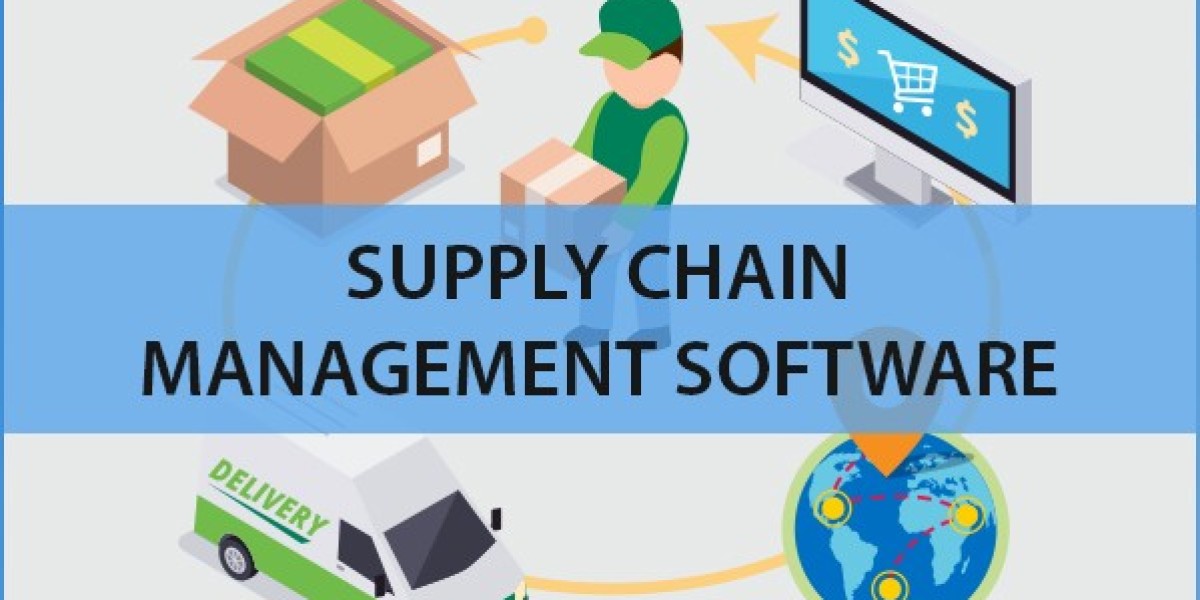Beneath the movement of cargo ships and lorries lies a less visible but equally critical flow: the exchange of agreements, approvals, and confirmations that govern every step of the journey. Digital Transaction Management is revolutionizing this underpinning layer of global trade, turning manual, paper-based processes into streamlined, intelligent digital workflows. This transformation is unlocking unprecedented levels of efficiency, security, and visibility, allowing businesses to navigate complex international regulations, mitigate risks, and build more collaborative relationships with partners across the supply chain.
The investment in this digital foundation is surging in tandem with broader supply chain modernization. According to Straits Research, the global supply chain management software landscape was valued at USD 27.59 billion in 2024 and is estimated to grow from USD 30.73 billion in 2025 to reach USD 72.72 billion by 2033, growing at a CAGR of 11.37% during the forecast period (2025-2033). DTM is a pivotal element of this expansion, as it provides the legal and procedural framework that makes automated software-driven supply chains possible and trustworthy.
Regional Innovations and Competitive Moves
The adoption of DTM in logistics varies by region, influenced by local regulations and technological maturity.
North America: Focus is on scalability and integration. Adobe Sign (USA) has strengthened its position by deeply embedding its services within enterprise ecosystems like Microsoft Dynamics 365 Supply Chain Management, allowing for seamless document handling within a familiar interface for operations managers.
Europe: Driven by cross-border trade and strong digital identity (eIDAS) standards, European solutions prioritize security and interoperability. Signicat (Norway/Netherlands) specializes in compliant digital identities and signatures across European borders, a critical requirement for the complex documentation involved in EU-wide logistics.
Asia-Pacific: As a manufacturing and shipping hub, APAC sees innovation in volume and mobility. Singapore-based startups are developing lightweight, mobile-first DTM solutions tailored for the millions of small and medium-sized exporters and importers in the region, focusing on simplicity and integration with popular messaging apps.
Key Trends Defining Digital Supply Chain Agreements
The application of DTM is being shaped by several powerful trends:
Predictive Document Generation: Advanced platforms are moving from reactive to predictive. By analyzing order data, a system can automatically generate all required shipping documents, pre-populate them with known information, and route them to the correct individuals for signature before the physical packing process is even complete.
Unified Audit Trails for Provenance and ESG: Consumers and regulators demand proof of ethical and sustainable sourcing. DTM creates an immutable, end-to-end audit trail of agreements—from a farmer's pledge to sustainable practices to a factory's compliance with safety standards—providing verifiable proof for Environmental, Social, and Governance (ESG) reporting.
Dynamic Contracts for Dynamic Conditions: Smart contracts, powered by blockchain and integrated with DTM, can automatically execute terms based on real-time data. For example, a payment could be automatically adjusted or released if a shipment equipped with an IoT sensor confirms it was maintained within a specific temperature range throughout transit.
AI-Powered Risk Assessment: DTM platforms are beginning to incorporate AI that analyzes agreement patterns. It can flag unusual contract terms with a new supplier or detect inconsistencies in shipping documentation that might indicate potential fraud or compliance risk before the transaction is finalized.
A recent high-profile news item involved a partnership between a global food & beverage giant and a DTM provider. The initiative created a fully digital and automated system for its agricultural supply chain. Now, smallholder farmers can receive and sign contracts directly on basic smartphones, receive digital payment upon verified delivery, and provide digitally signed certificates of origin, ensuring freshness and traceability from farm to shelf.
The evolution of DTM points towards a self-executing supply chain. The focus is shifting from simply digitizing documents to creating a living system of agreements that are interconnected, intelligent, and capable of autonomous action. This will pave the way for a new era of global trade characterized by frictionless movement, built-in trust, and unparalleled operational resilience.












